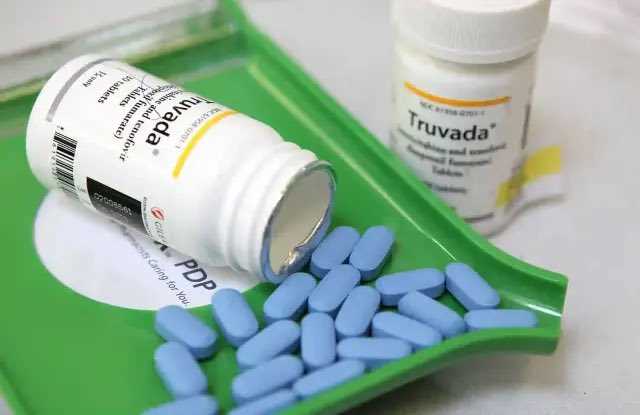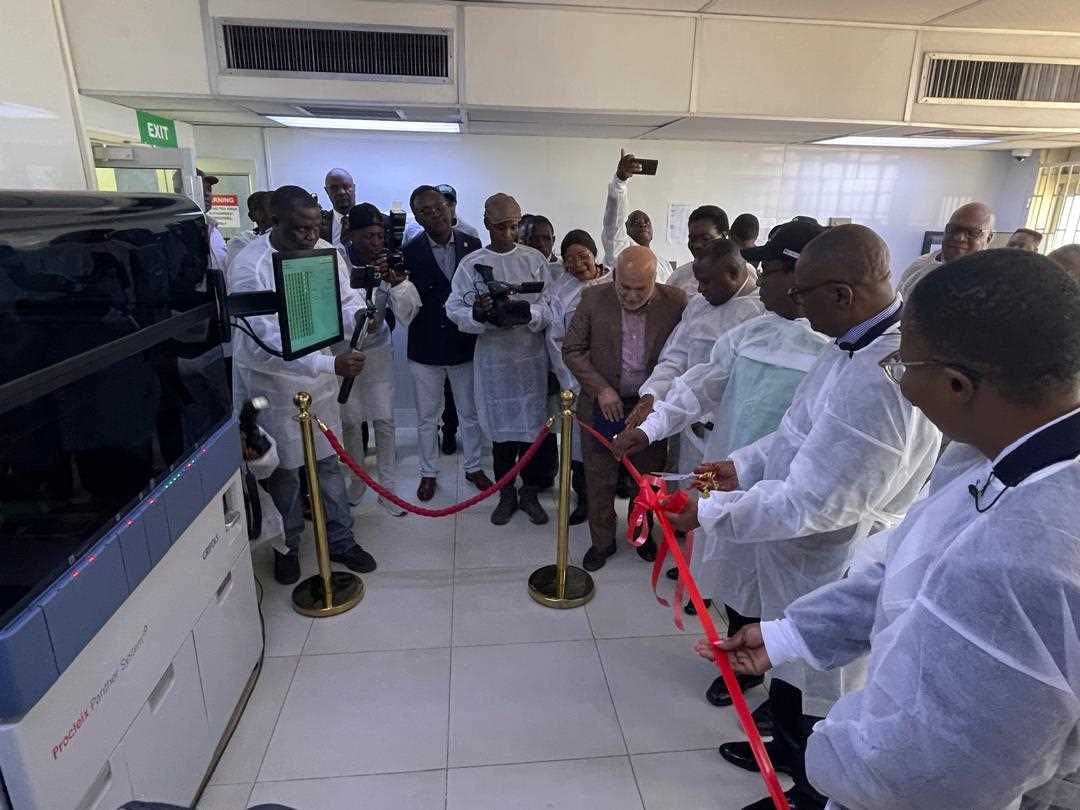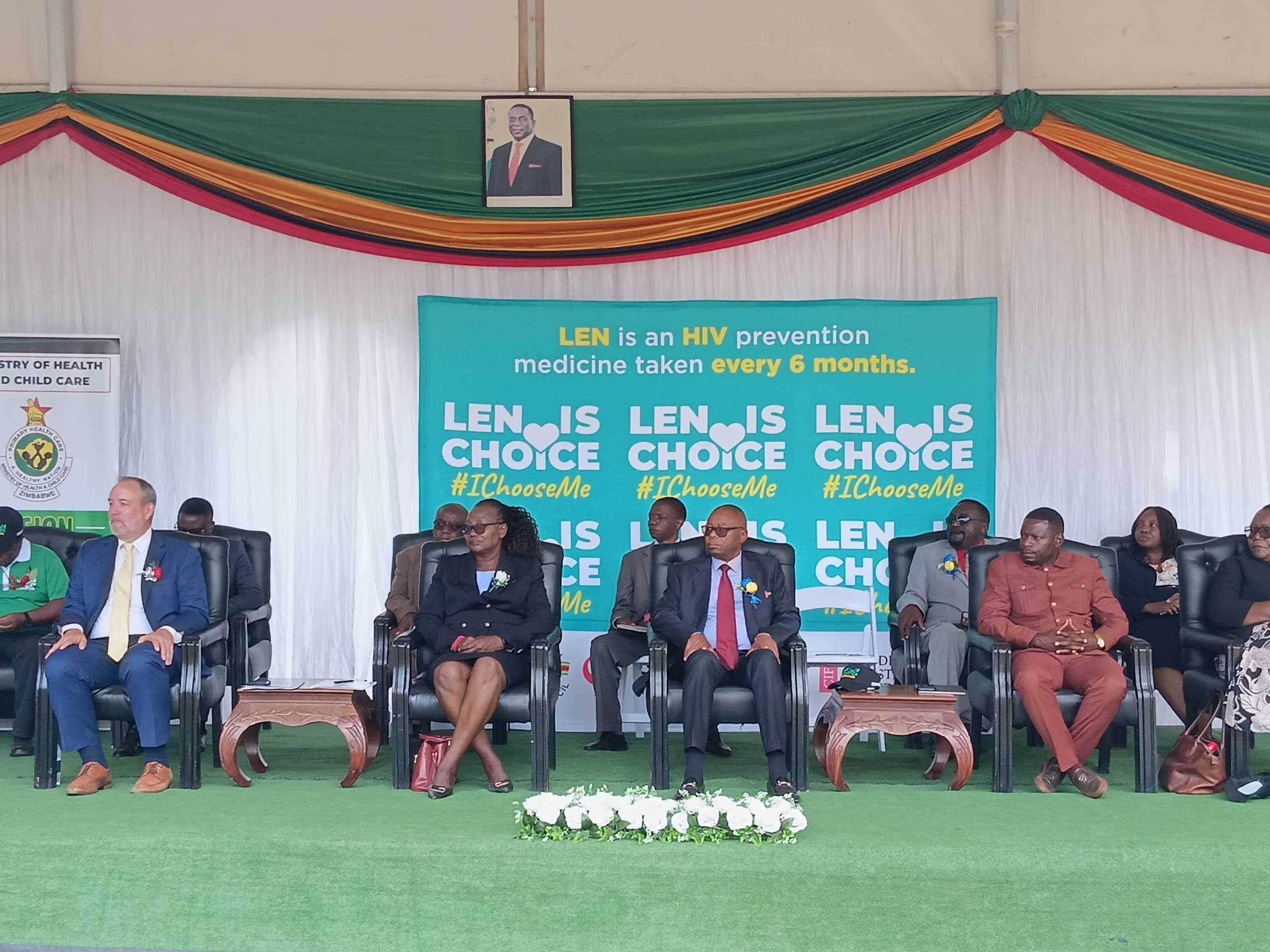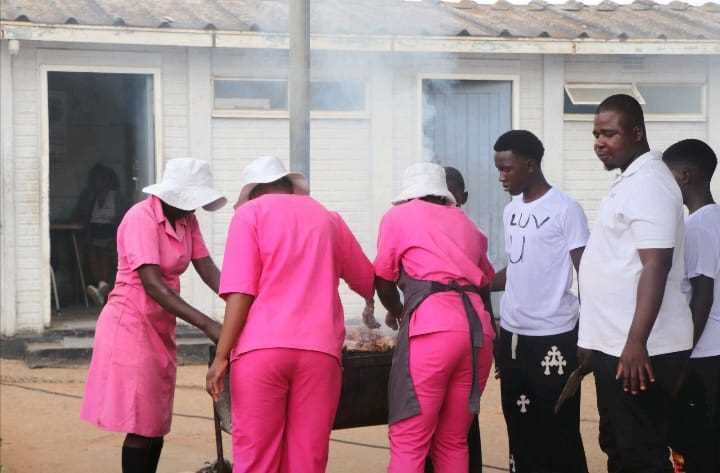
Zim Now Writer
In Harare, Zimbabwe, some nurses are allegedly demanding informal payments from people living with HIV in exchange for access to antiretroviral medication, as the country faces a growing shortage of the life-saving drugs.
The development has raised alarm among activists and patients, who say the situation is threatening years of hard-won progress in the fight against HIV/AIDS.
The crisis follows a suspension of international aid by former U.S. President Donald Trump, who in January abruptly halted all foreign assistance for an initial 90-day period.
The move included the dissolution of the U.S. Agency for International Development, with the aid freeze later extended for another 30 days. The funding cuts have had ripple effects across Zimbabwe’s public health sector, especially on HIV prevention and treatment programmes that relied on external support.
Stanley Takaona, president of the Zimbabwe HIV/AIDS Activist Union Community Trust, told Health Policy Watch that the sudden withdrawal of U.S. aid has put immense pressure on Zimbabwe’s already strained healthcare system.
“It’s a very difficult situation,” Takaona said. “The PrEP programme, which supported sex workers and other high-risk populations, has also been suspended.”
Related Stories
As of 2022, Zimbabwe had an estimated 1.3 million people living with HIV, with 1.2 million of them on ARV treatment. The country had made significant progress, becoming one of only five African nations to meet the UNAIDS 95-95-95 targets by 2023 — with 95% of HIV-positive individuals aware of their status, 98% of them receiving treatment, and 95% of those achieving viral suppression. That progress, however, is now in jeopardy.
Long queues have become a regular sight at treatment centres across the capital, and patients are expressing growing concern about the future. Some say they have been forced to pay bribes to receive the full six-month allocation of medication that used to be provided without charge.
"Many HIV-positive people in my area, including myself, are now bribing nurses at local clinics to get the usual six-month supply of ARVs," said one Harare resident, who requested anonymity.
A nurse, also speaking anonymously to Health Policy Watch, confirmed that some colleagues have begun charging what they describe as a “small fee” for the drugs. “It’s our time to make money from the desperate HIV patients,” the nurse admitted. “Our salaries alone can’t sustain us, and with the ARVs now scarce, we just put a fee on them for our own benefit.”
Despite these reports, the Zimbabwean government has denied that there is a crisis. During a parliamentary session in February, Health Minister Douglas Mombeshora insisted that ARV stock levels remain sufficient.
“We have secured enough ARVs to last at least the next six months,” he told lawmakers, downplaying concerns about dwindling supplies.
However, for many living with HIV in Zimbabwe, the current reality tells a different story — one marked by uncertainty, desperation, and a growing reliance on unofficial, and often exploitative, means to access vital medication.



















Leave Comments